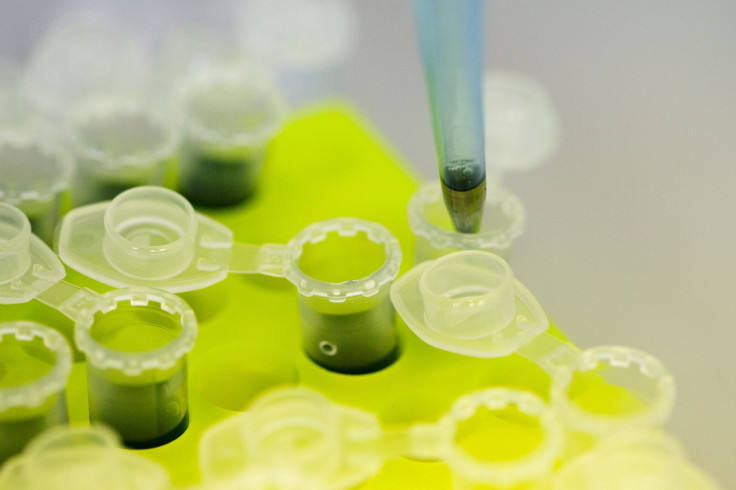Japan’s Experimental Ebola Drug Avigan Made By Fujifilm Subsidiary

The latest experimental Ebola treatment could come from Fujifilm. The Japanese camera company based in Tokyo ventured into the pharmaceutical industry five years ago, acquiring a company with an experimental flu vaccine that may soon be used to help patients fight the deadly Ebola virus disease.
With at least 1,427 people having died in Guinea, Liberia and Sierra Leone during the most recent Ebola outbreak, health workers are scrambling to find possible treatments. The top candidate was ZMapp, made by Mapp Biopharmaceutical Inc., headquartered in San Diego. ZMapp has been credited with helping two American aid workers who contracted the virus, as Reuters noted. However, its efficacy also has been questioned after a Liberian doctor died despite receiving the same treatment, as BBC News pointed out. In any case, the company recently warned that its available supply of ZMapp was exhausted, leaving authorities to looking elsewhere for another option.
“I am informed that medical professionals could make a request for [Fujifilm’s] T-705 in an emergency even before a decision by the WHO. In that case, we would like to respond under certain criteria,” Al Jazeera quoted Japan’s Chief Cabinet Secretary Yoshihide Suga as telling reporters Monday.
The drug Avigan, aka favipiravir or T-705, is manufactured by biochemical developer Toyama Chemical Co. Ltd., a unit of Fujifilm Holdings Corp. (TYO:4901).
Fujifilm, widely known for its cameras, took a majority stake in Toyama back in 2008. “With film fading into the background, the company wants to apply its production expertise and nanotechnology techniques to drugmaking,” Businessweek’s Kenji Hall wrote in March of that year. At the time, Toyama’s influenza drugs were still in the experimental stage.
Despite its relatively recent foray into the life-sciences industry, the company “won’t try to catch up with the big boys,” according to Yuzo Toda, a director who spoke with Nikkei Asian Review.
In March, the Japanese Ministry of Health, Labor and Welfare approved the use of Avigan as an anti-influenza drug that comes in the form of a 200-milligram tablet.
“Avigan has obtained the approval in Japan ahead of other countries after the authorities considered current situations of influenza,” Toyama said in a statement at the time. The drug will be “available to establish preparedness against the possible outbreak of novel or re-emerging influenza virus infections.”
The Japanese government approved Avigan for use against new strains of influenza, but the drug has yet to be tested for its efficacy against Ebola in either humans or monkeys, BBC News said.
Toyama’s American partner, Boston-based MediVector Inc., is currently in talks with the U.S. Food and Drug Administration to expand the drug’s use to Ebola patients. In 2012, the U.S. Defense Department awarded the privately held firm a $138.5 million contract to develop the drug for possible use against different kinds of flu viruses.
The current Ebola outbreak has killed about 55 percent of its victims, although the fatality rate has been around 90 percent during other outbreaks.
After Japan announced its intentions to help, Fujifilm’s share rose 4.0 percent and the company became the eighth most actively traded issue on the Tokyo Stock Exchange’s main board, Reuters reported.
© Copyright IBTimes 2025. All rights reserved.






















